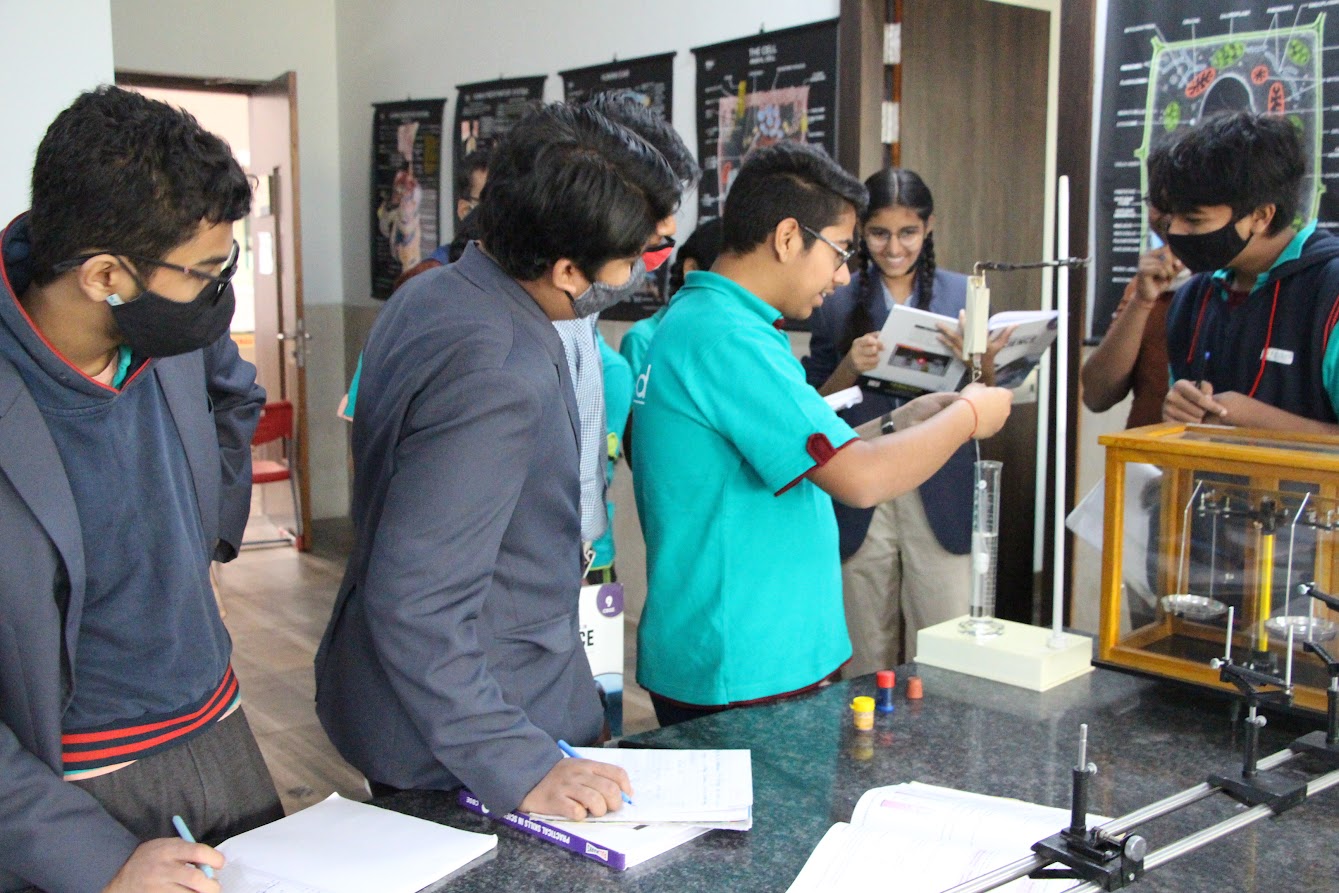- contact@brahmavid.com
- 7047474747
-
CBSE Affiliation Number : 3330378
Mandatory Public Disclosure
Our teaching - learning process draws from the concept of brain based learning which is centred around the belief that significant cognitive development takes place when a conducive environment is created by eliminating fear and stimulating the brain.
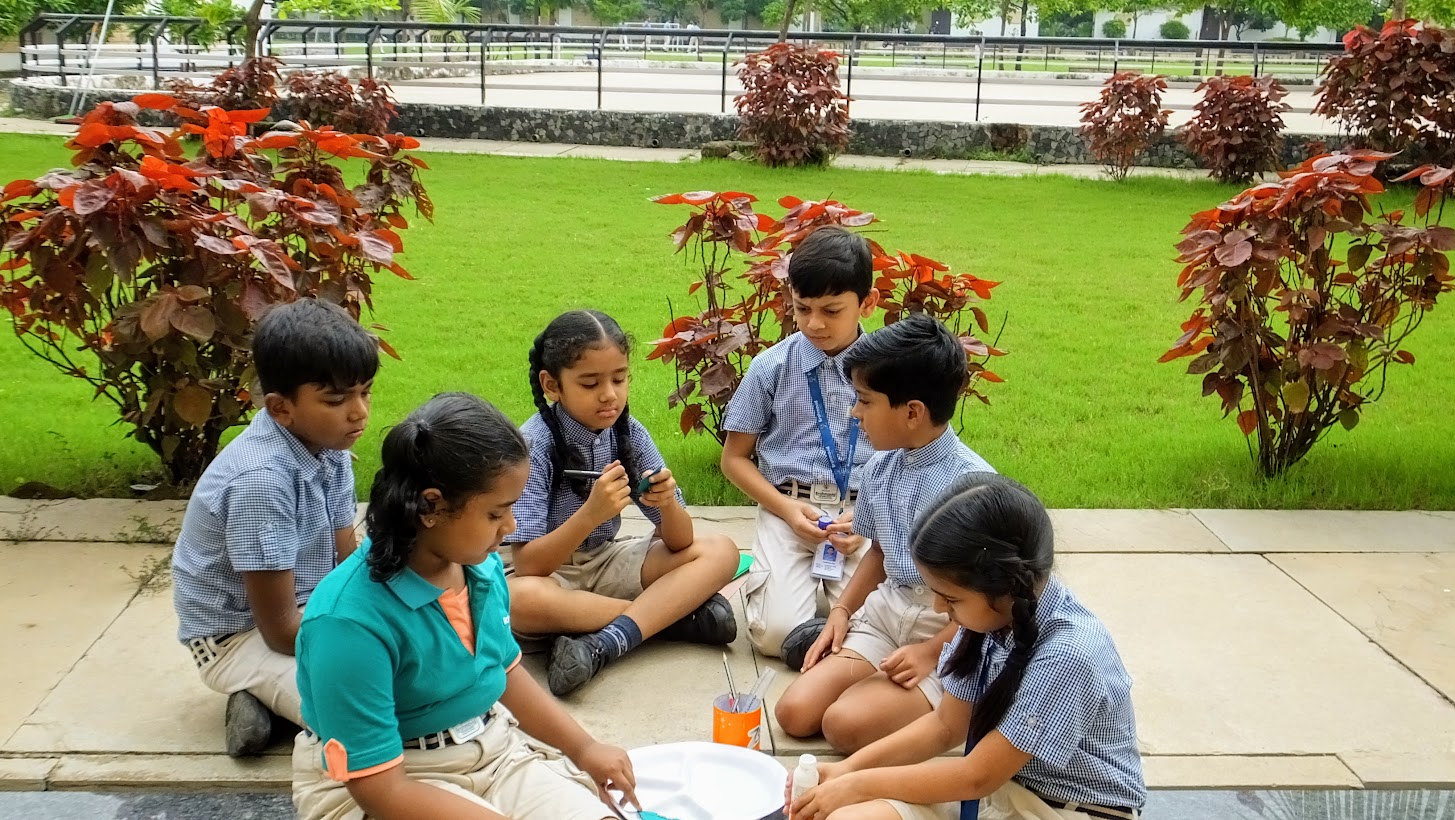
Our teaching - learning process will include brainstorming which helps learners think of various possibilities before arriving at a definite plan of action. It helps create synergy and leads to collaborative learning. It also promotes creative and critical thinking. Mind mapping is used as a tool to organize learning and apart from acting as an aid to memory, it develops essential skills.

One of the strategies we use for behavior management is circle time, which is a mode of group communication. Providing sensory experiences to children, it is also a time for fun, physical activity and socialisation leading to their all-round development.
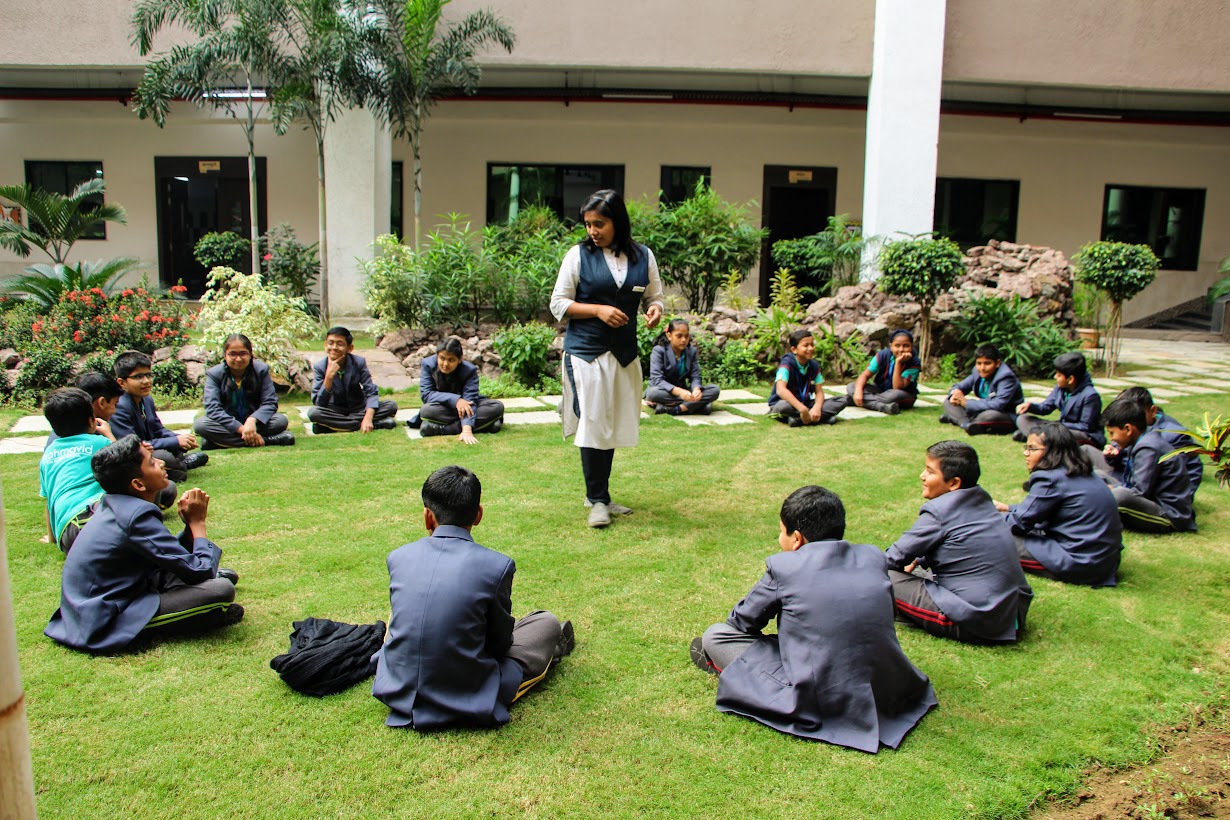
Students learn best when working with and learning from their peers under the watchful guidance of teachers who act as facilitators in the process of learning.Cooperative learning builds a strong sense of community feeling.Children participate actively, learn to value and respect every member of the group and appreciate others' contribution. This enhances their social skills. Teachers also foster a sense of independence amongst the children by nurturing their unique talents. This helps develop their self-esteem and confidence.
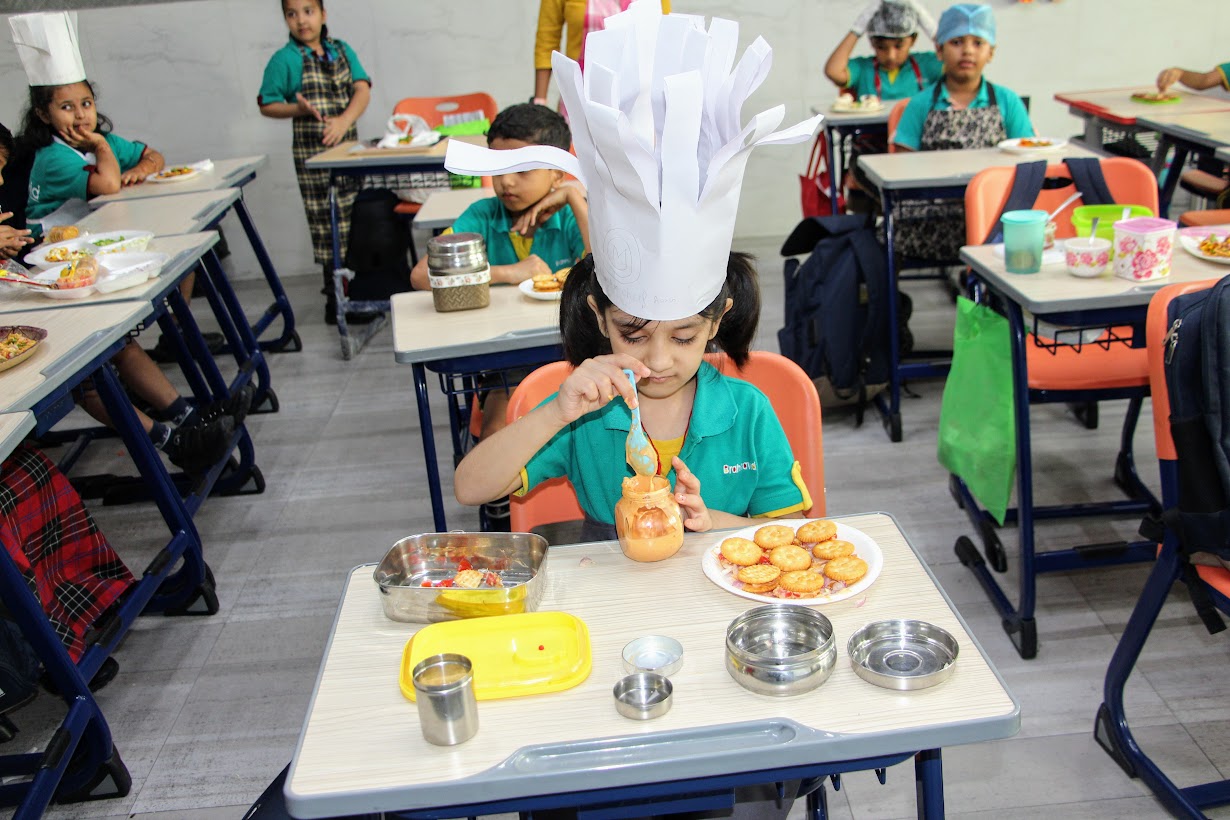
Our senior students take pride in helping and assisting our little buddies. This assistance can be in the form of a class teaching, using information technology, doing research based projects, assisting in reading, sports and other co-curricular activities.
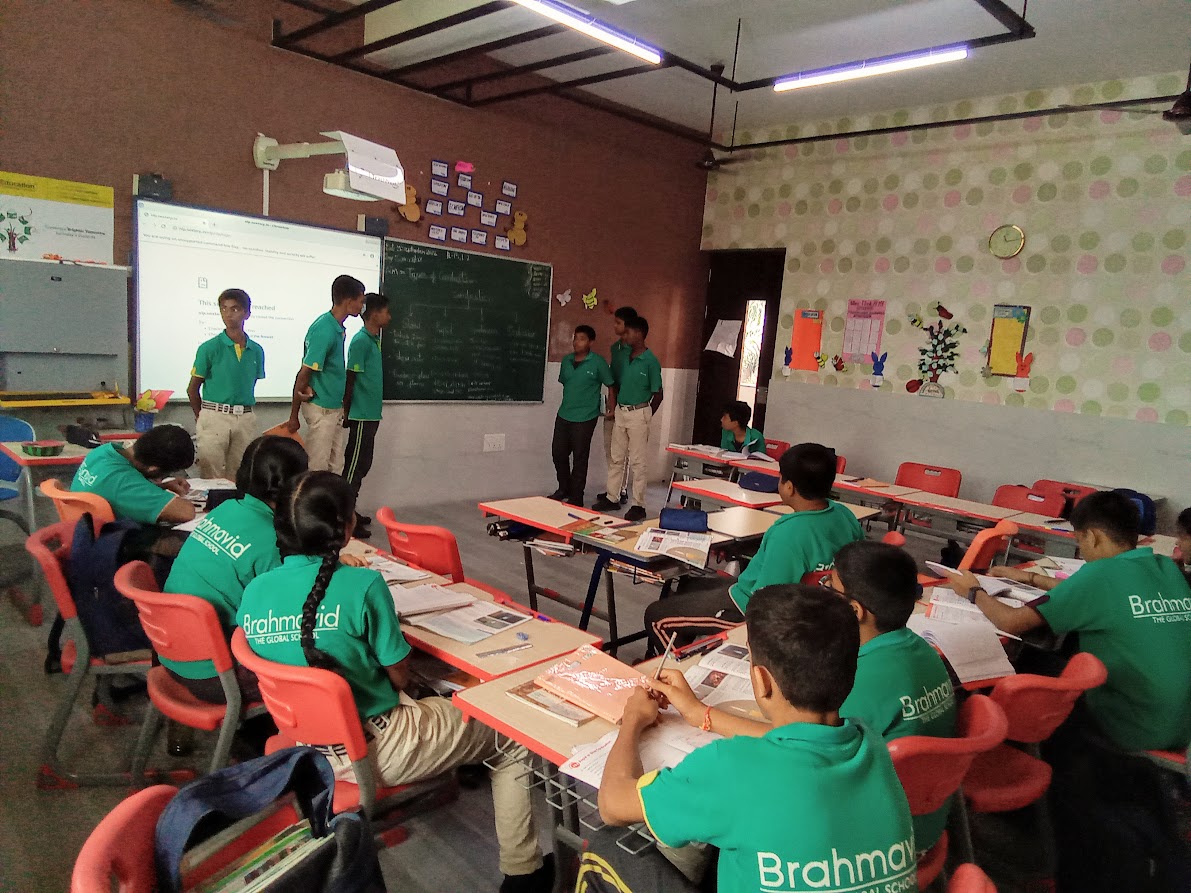
Teaching-learning at Brahmavid will also use the flipped classroom model suitably at appropriate levels. By using technology, children are exposed to content which they actively acquire at home and then participate in a discussion or a follow-up activity in the classroom. This method involves activities calling into play a whole range of skills from the simple to the higher order thinking skills to help them face challenges later on. This also provides teachers a greater opportunity to detect errors in thinking or understanding when children use class time to apply the concepts learned.
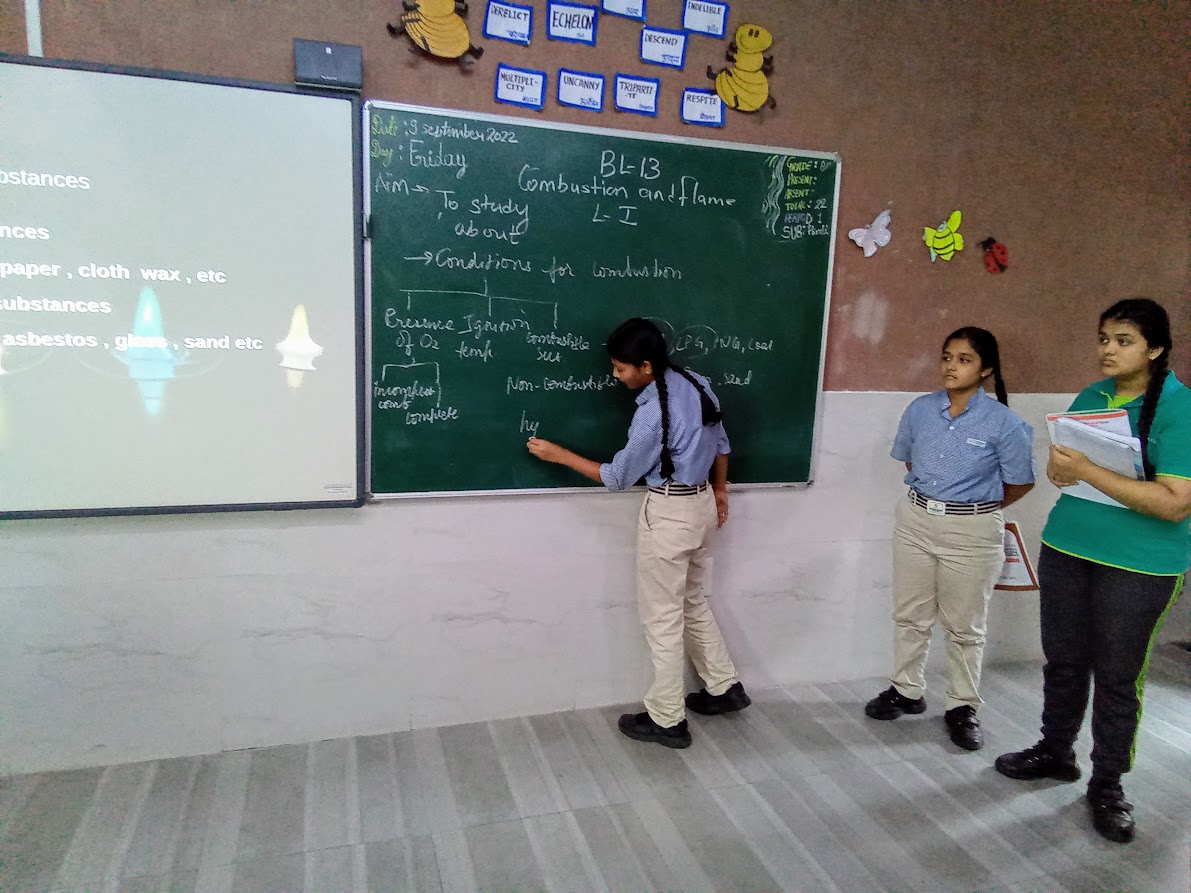
Education cannot be constrained into watertight compartments. Physical, social and emotional development should ideally go hand in hand with intellectual development. An integrated approach to learning provides immense opportunities while making the experience as enjoyable as it is educative. We at Brahmavid believe in experiential learning that happens in environments beyond the classrooms making it fun and meaningful. Our empowered students shall explore, experiment and exceed all expectations and develop a love for learning all their lives.
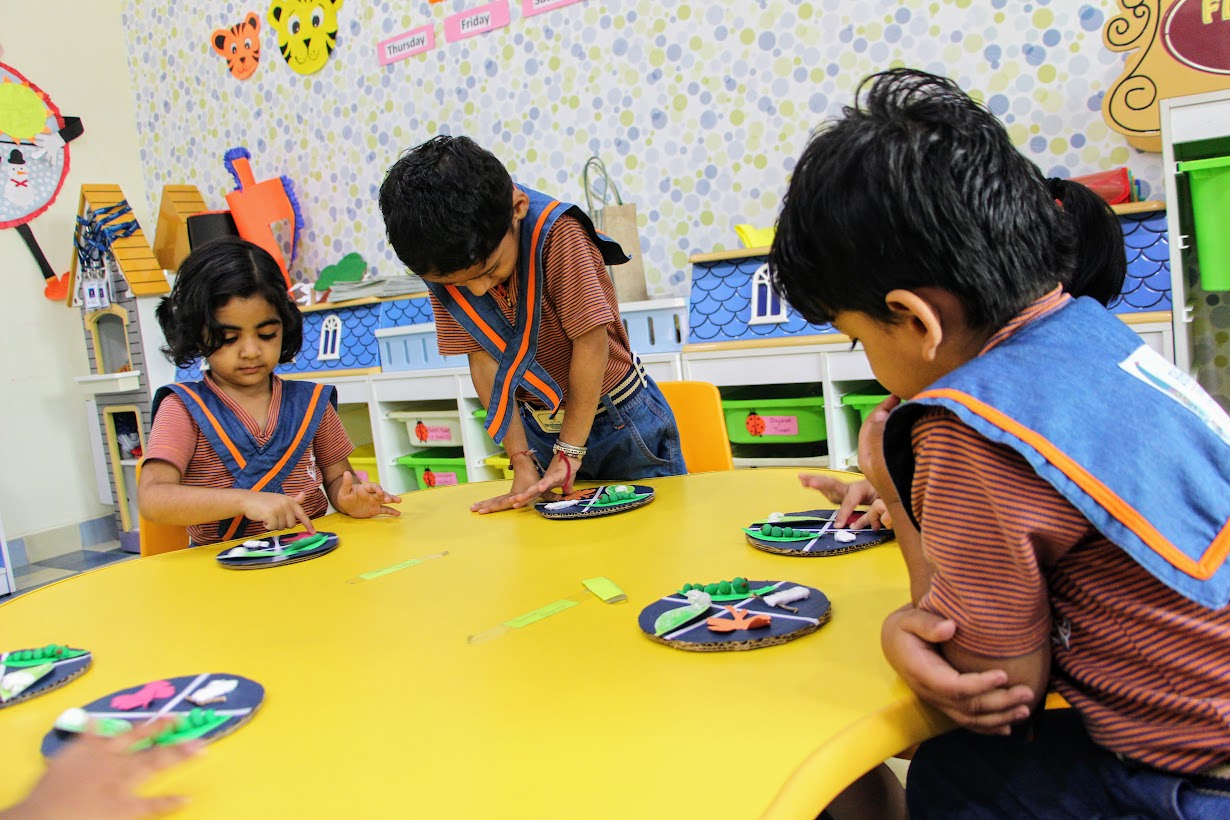
Role play is another technique we use at Brahmavid to make teaching - learning an active and engaging process. As a tool, role play provides students of all age groups opportunities to apply concepts learnt in a real context. This method promotes learning in a group and develops skills, traits and values such as collaboration, problem solving, confidence, empathy and so on.
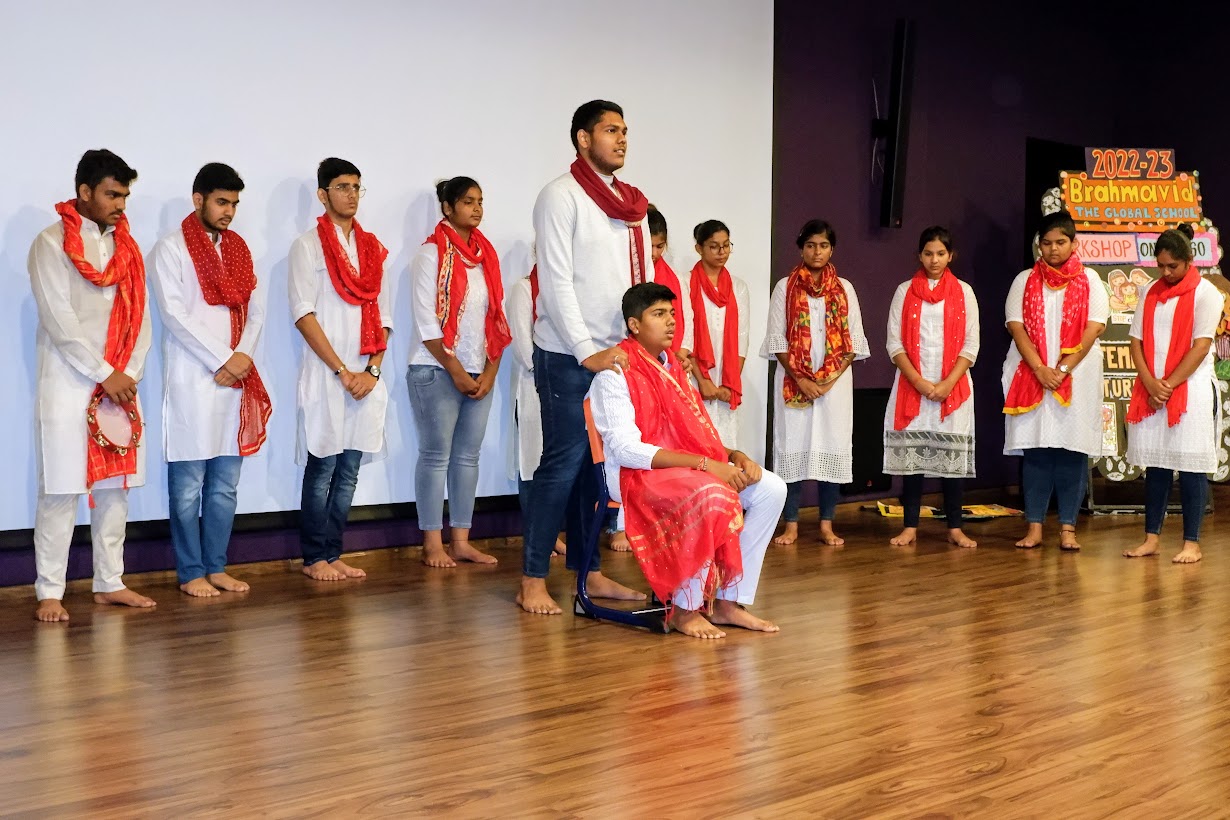
"If history were taught in the form of stories, it would never be forgotten," said Rudyard Kipling. At Brahmavid we use storyboarding method to add a creative dimension to the teaching - learning process. While guaranteeing fun, this method stimulates the mind and facilitates learning of complex concepts or factual details and removes barriers posed by unfamiliar vocabulary.
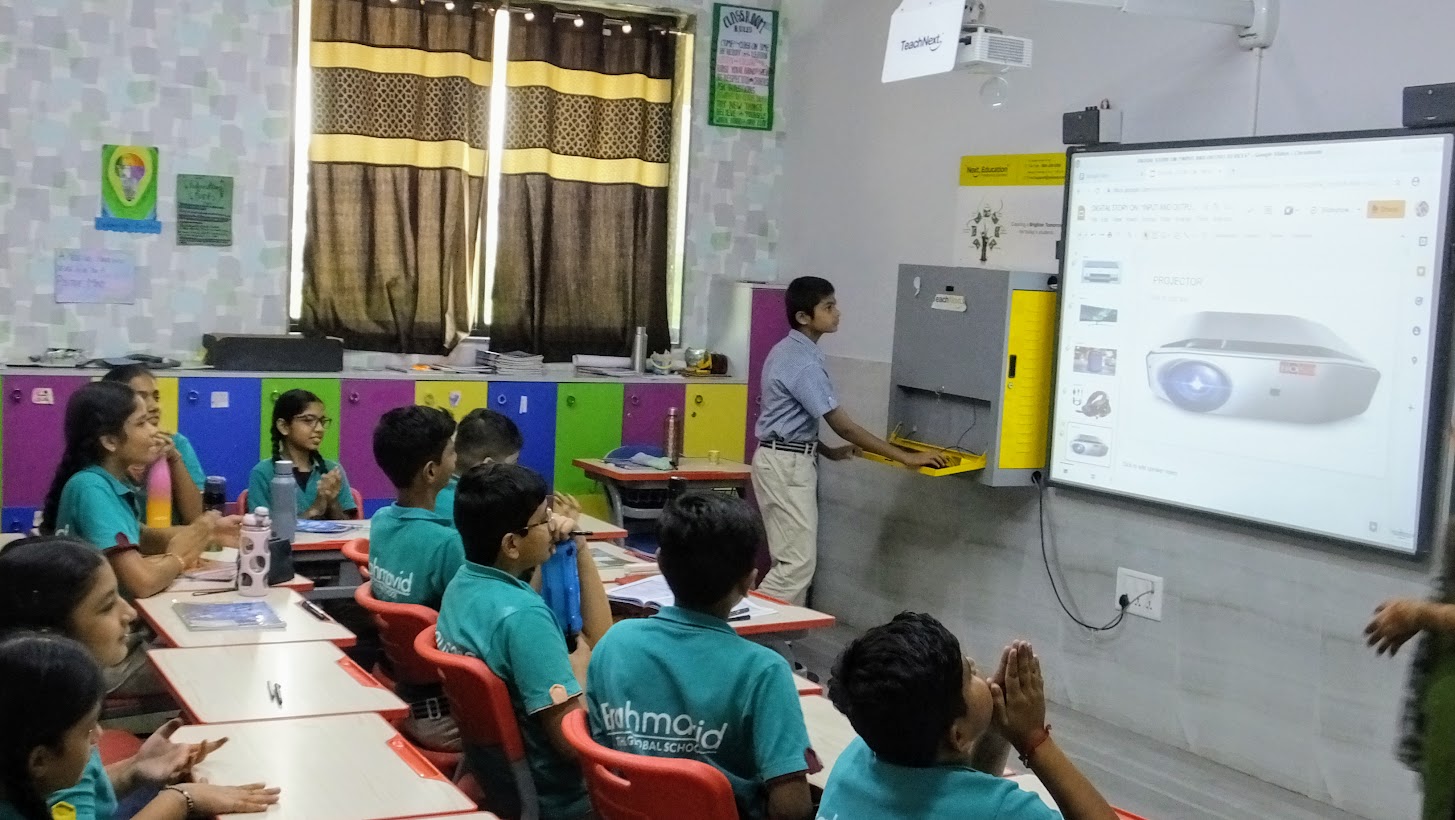
At Brahmavid students are empowered to be classroom experts. Learning happens in two ways here: Through collaboration and by tireless and focused individual quest for knowledge. Enthused by the fellow travelers in the journey of exploration and motivated further by the teachers and the school, children become informed learners. They learn to work collaboratively to solve each other's problems. They additionally seek the advice of experts in the field when required. In this way, a positive environment of mutual help is created, sustained and celebrated. Support and guidance enrich the process. Eventually, the learners mature into expert inquirers & seekers. They develop the ability to identify appropriate resources and find out answers to their questions on their own before seeking help from others. In the process, they learn to be more resourceful and become experts themselves and even act as anchors for others.
Collaboration
Resourceful
